FALSTAFF
Indeed, you come near me now, Hal; for we that take
purses go by the moon and the seven stars, and not
by Phoebus, he,'that wandering knight so fair.' And,
I prithee, sweet wag, when thou art king, as, God
save thy grace,--majesty I should say, for grace
thou wilt have none,--
PRINCE HENRY
What, none?
FALSTAFF
No, by my troth, not so much as will serve to
prologue to an egg and butter.
PRINCE HENRY
Well, how then? come, roundly, roundly.
FALSTAFF
Marry, then, sweet wag, when thou art king, let not
us that are squires of the night's body be called
thieves of the day's beauty: let us be Diana's
foresters, gentlemen of the shade, minions of the
moon; and let men say we be men of good government,
being governed, as the sea is, by our noble and
chaste mistress the moon, under whose countenance we steal.
PRINCE HENRY
Thou sayest well, and it holds well too; for the
fortune of us that are the moon's men doth ebb and
flow like the sea, being governed, as the sea is,
by the moon. As, for proof, now: a purse of gold
most resolutely snatched on Monday night and most
dissolutely spent on Tuesday morning; got with
swearing 'Lay by' and spent with crying 'Bring in;'
now in as low an ebb as the foot of the ladder
and by and by in as high a flow as the ridge of the gallows.



 "It's so mysterious, the land of tears."
"It's so mysterious, the land of tears." 
 Reply With Quote
Reply With Quote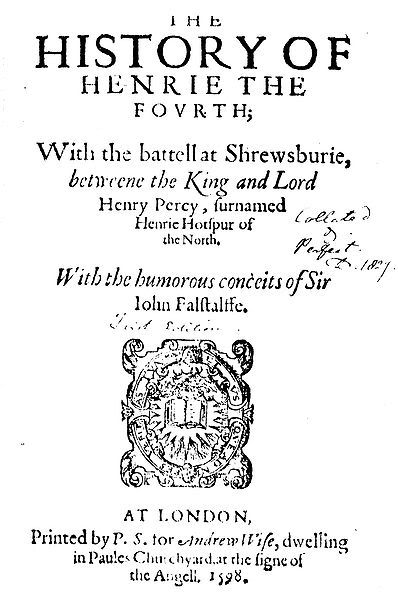
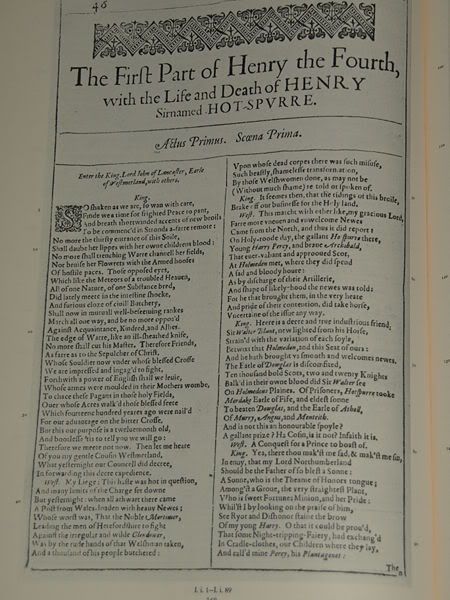
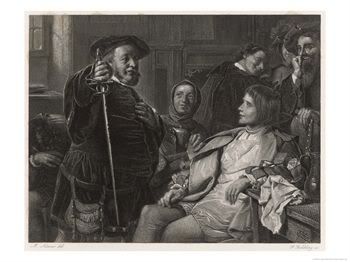


 It does help for someone to sort of keep the discussion on track and flowing along at a good pace. Hey, Quark, what do you say? Will you be the Shakespeare play leader?
It does help for someone to sort of keep the discussion on track and flowing along at a good pace. Hey, Quark, what do you say? Will you be the Shakespeare play leader?
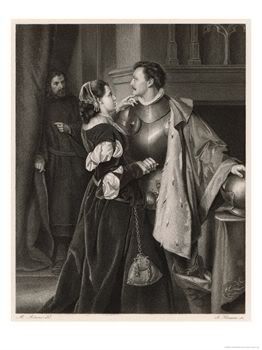
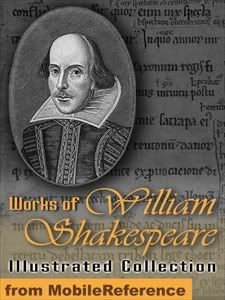


 You always crack me up with your mega large type announcement!
You always crack me up with your mega large type announcement! 